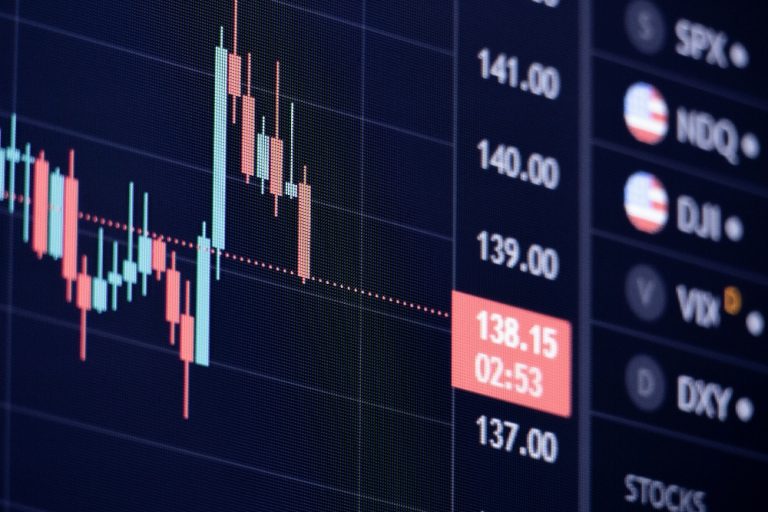A wave of caution washed over Asian financial markets on Wednesday, pulling major indices lower as investors contended with lingering concerns over US trade tariffs and positioned themselves ahead of crucial economic data releases from China.
The subdued trading followed a negative lead from Wall Street overnight.
In Japan, the benchmark Nikkei 225 index slipped 0.3%, while the broader Topix edged down a marginal 0.05%. South Korean markets also felt the pressure, with the Kospi declining 0.2% and the Kosdaq losing 0.18%.
Futures contracts for Hong Kong’s Hang Seng index pointed towards a similarly weaker opening, reinforcing the hesitant mood across the region.
Spotlight on China: economic data awaited
The primary focus for investors during the Asian session is the release of China’s key economic indicators later in the day, particularly the first-quarter Gross Domestic Product (GDP) figures.
These numbers are seen as a vital gauge of the health of the world’s second-largest economy amidst the complex global trade environment.
A Reuters poll of economists anticipates a year-on-year expansion of 5.1% for Q1, representing a slight moderation from the 5.4% growth recorded in the preceding quarter.
Alongside GDP, China is also set to unveil important data on industrial production, retail sales, and the unemployment rate, providing a more comprehensive snapshot of its economic trajectory.
Wall Street’s lingering tariff anxiety
The cautious tone in Asia directly mirrored the performance on Wall Street Tuesday, where US stock markets finished lower.
While upbeat earnings reports from several major banks offered some underlying support, persistent uncertainties surrounding US tariff policies ultimately weighed on sentiment.
The Dow Jones Industrial Average concluded the session down 155.83 points, or 0.38%, at 40,368.96.
The S&P 500 shed 9.34 points, or 0.17%, to 5,396.63, and the tech-heavy Nasdaq Composite registered a smaller decline, closing 8.32 points, or 0.05%, lower at 16,823.17.
Despite the index declines, market breadth on Wall Street wasn’t uniformly negative.
According to Reuters data, advancing issues outnumbered declining ones by a 1.29-to-1 ratio on the NYSE and by a 1.2-to-1 ratio on the Nasdaq, suggesting some resilience beneath the surface, even as tariff concerns capped overall gains.
There were 49 new highs and 67 new lows recorded on the NYSE.
Reflecting the broader regional weakness and negative global cues, the Indian stock market is anticipated to open on a softer note on Wednesday.
Early indicators, particularly trends observed on the Gift Nifty platform, pointed towards a lower start for the domestic benchmark indices, Sensex and Nifty 50.
Gift Nifty was trading around the 23,286 level, representing a discount of approximately 54 points compared to the previous close of Nifty futures, signaling investor caution extending to the Indian equity market.
The post Asian markets open: Nikkei, Hang Seng dip amid tariff uncertainty; China economic data looms appeared first on Invezz

